
World Bank Sees Kenya Slowdown on Drought, Lending Freeze
The World Bank cut its economic growth forecast for Kenya due to a slowdown in the expansion of loans to the private sector and a drought that may hurt output.
Gross domestic product in East Africa’s largest economy will expand 5.5 percent this year, the Washington-based lender said in a report released Wednesday. This compares with an earlier forecast of 6 percent and estimated growth of 5.9 percent in 2016, the World Bank said.
The world’s biggest exporter of black tea is experiencing drought and the Meteorological Department has warned that rains between March and May will be less than normal. While agriculture, which is dominated by flower-growing and fresh produce and accounts for about a quarter of Kenyan GDP, will be hit by the low rainfall, the drought will have a spillover effect on other parts of the economy, the World Bank said.
"The drought will have knock-on effects on the rest of the economy through higher electricity prices, as the shortfall in hydropower will be made up with more expensive diesel-powered plants,” according to the lender’s report. "Drought years in Kenya are generally associated with a deceleration in GDP growth by about 0.6 percentage points. Our estimates suggest that for every 100mm shortfall in rain, GDP declines by some 0.3-0.5 percentage points.”
The low rainfall will also have fiscal and external-balance implications given the need to import food staples, the lender said.
"What we know is that the first quarter was bad because of failure in short rains last year,” Central Bank of Kenya Governor Patrick Njoroge told reporters Wednesday at a briefing in the capital, Nairobi.
Credit Slowdown
Kenya’s economy faces further challenges from a slowdown in the growth of loans to businesses and individual borrowers as banks tighten lending due to risk aversion and a law that enforces a ceiling on borrowing costs. Private-sector credit growth slumped to 4 percent in February, according to the central bank.
The World Bank "hasn’t factored in a solid rebound” in credit growth in the "medium term,” Allen Dennis, the lender’s senior economist for Kenya, told reporters on Monday. The lack of credit will hit companies in manufacturing, construction and real estate that rely mostly on banks financing for growth, the hardest, he said.
Seeking Re-election
The government of President Uhuru Kenyatta, who is seeking re-election at polls scheduled for Aug. 8, faces challenges reducing spending and meeting revenue collection targets as the growth rate weakens, Dennis said.
The state aims to narrow its spending deficit to 6 percent of GDP from an estimated 9 percent in 2016, betting on a rise in revenue collection. Treasury Secretary Henry Rotich has budgeted a 2.6 percent increase in spending to 2.29 trillion shillings ($22 billion) in the fiscal year starting July 1.
A failure to cut back on recurrent expenditure may lead to external creditors demanding higher premiums on Kenya’s future dollar-debt sales, Dennis said. The nation is considering external borrowing options to raise as much as 256 billion shillings to plug the deficit, Rotich said last month.
Investment in the economy will likely weaken this year as "investors typically adopt a wait-and-see attitude” to the elections,Dennis said.



 0
0 
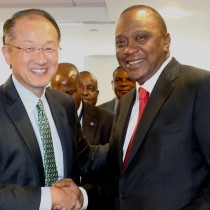




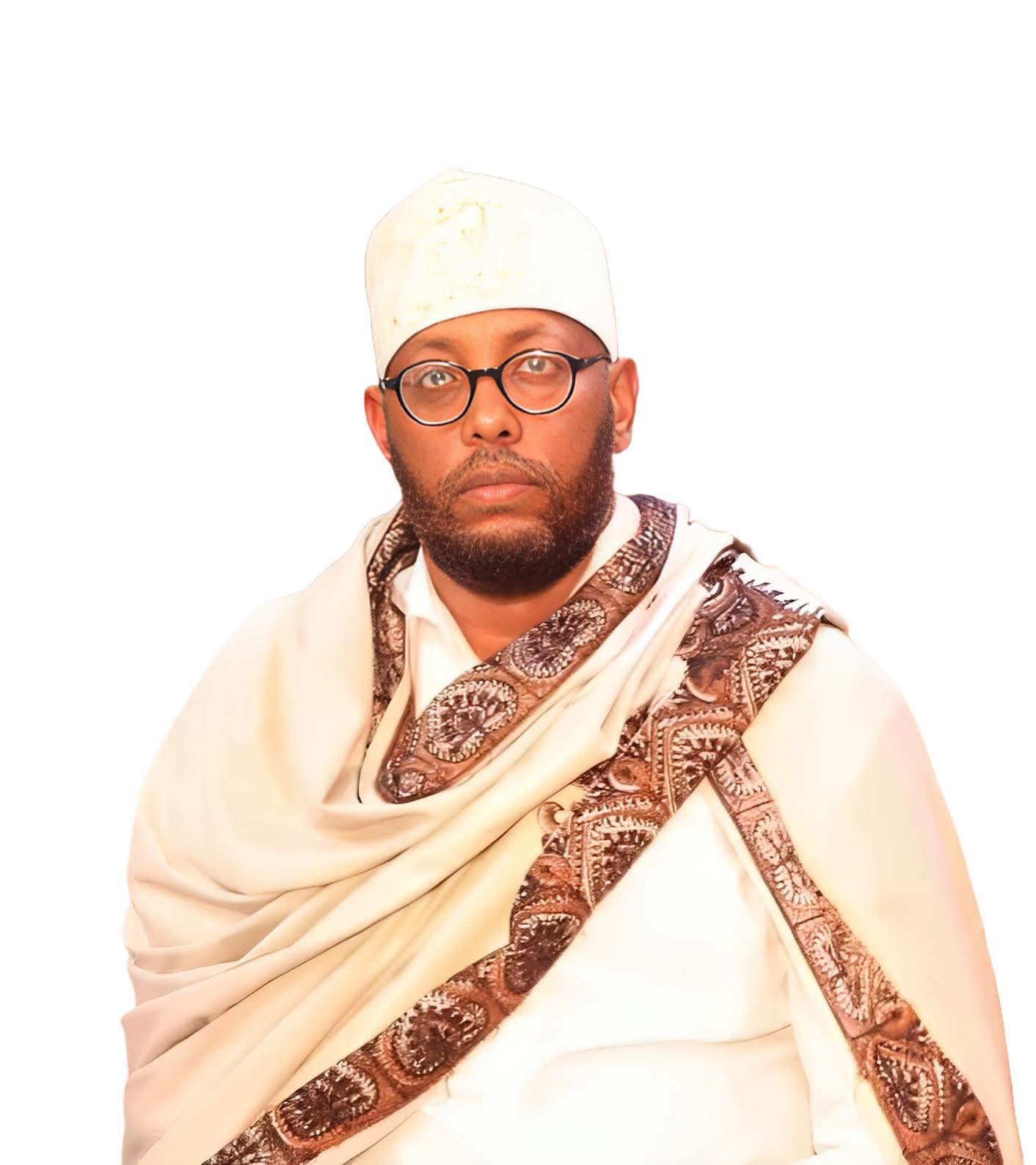
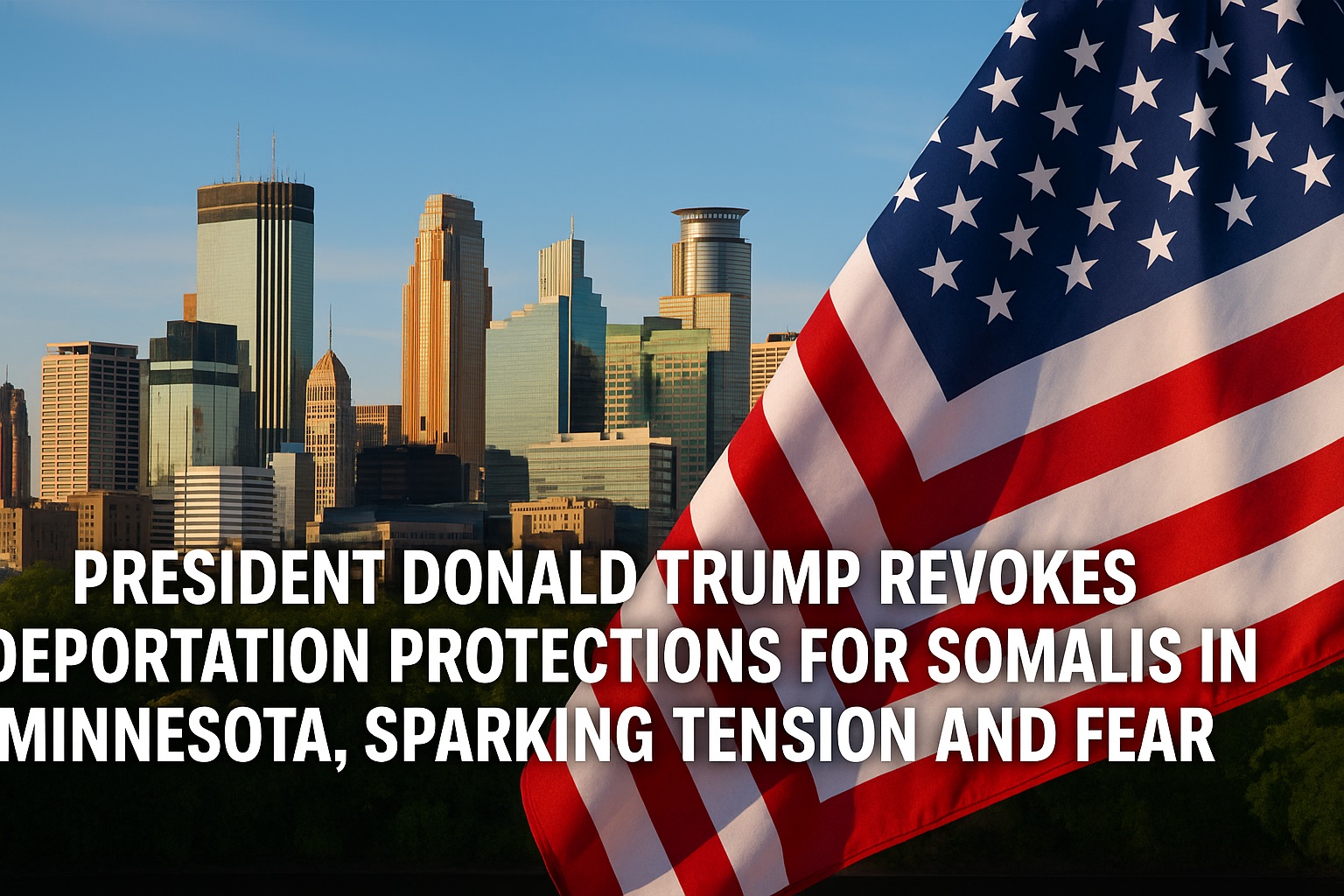
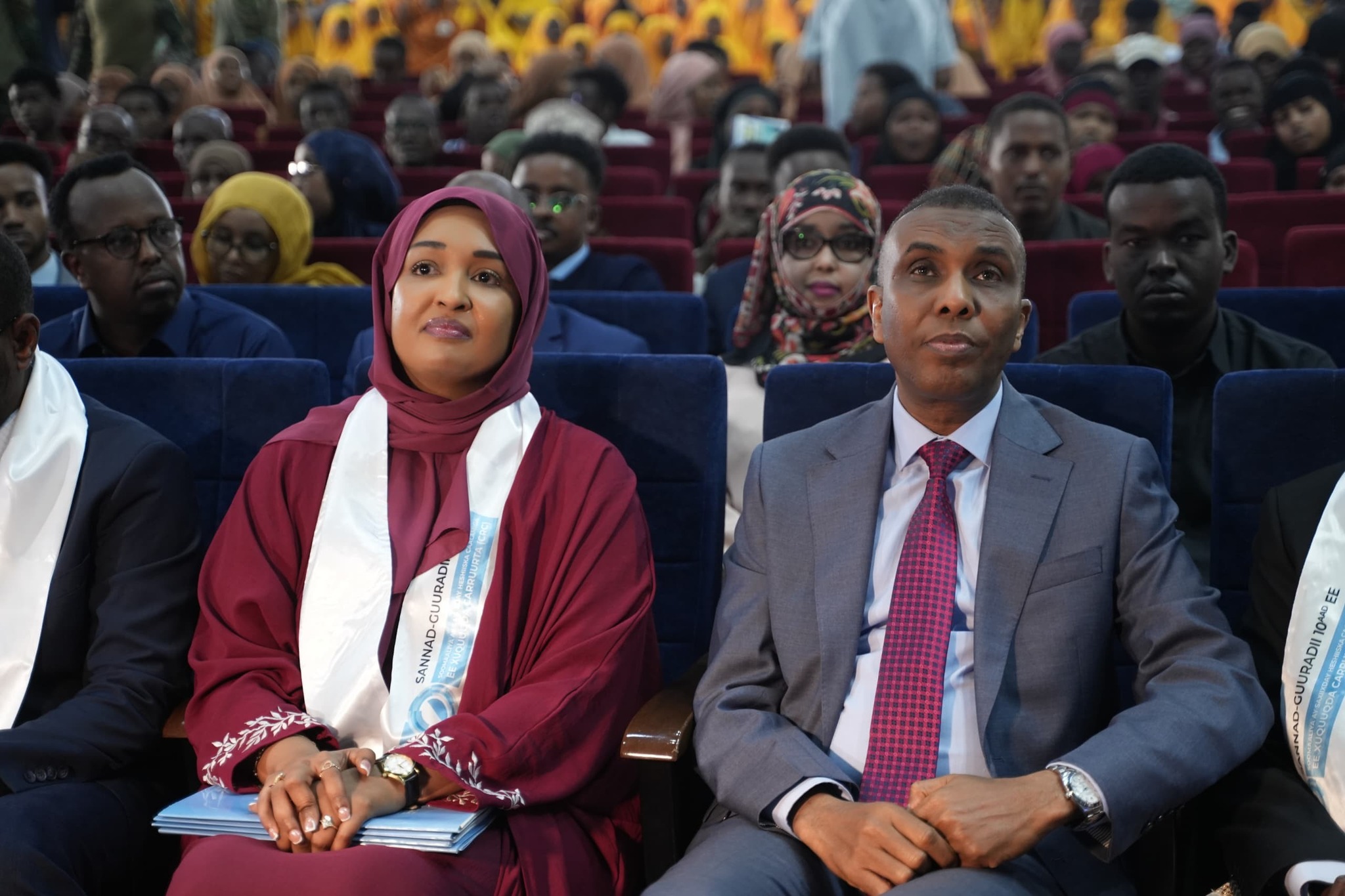

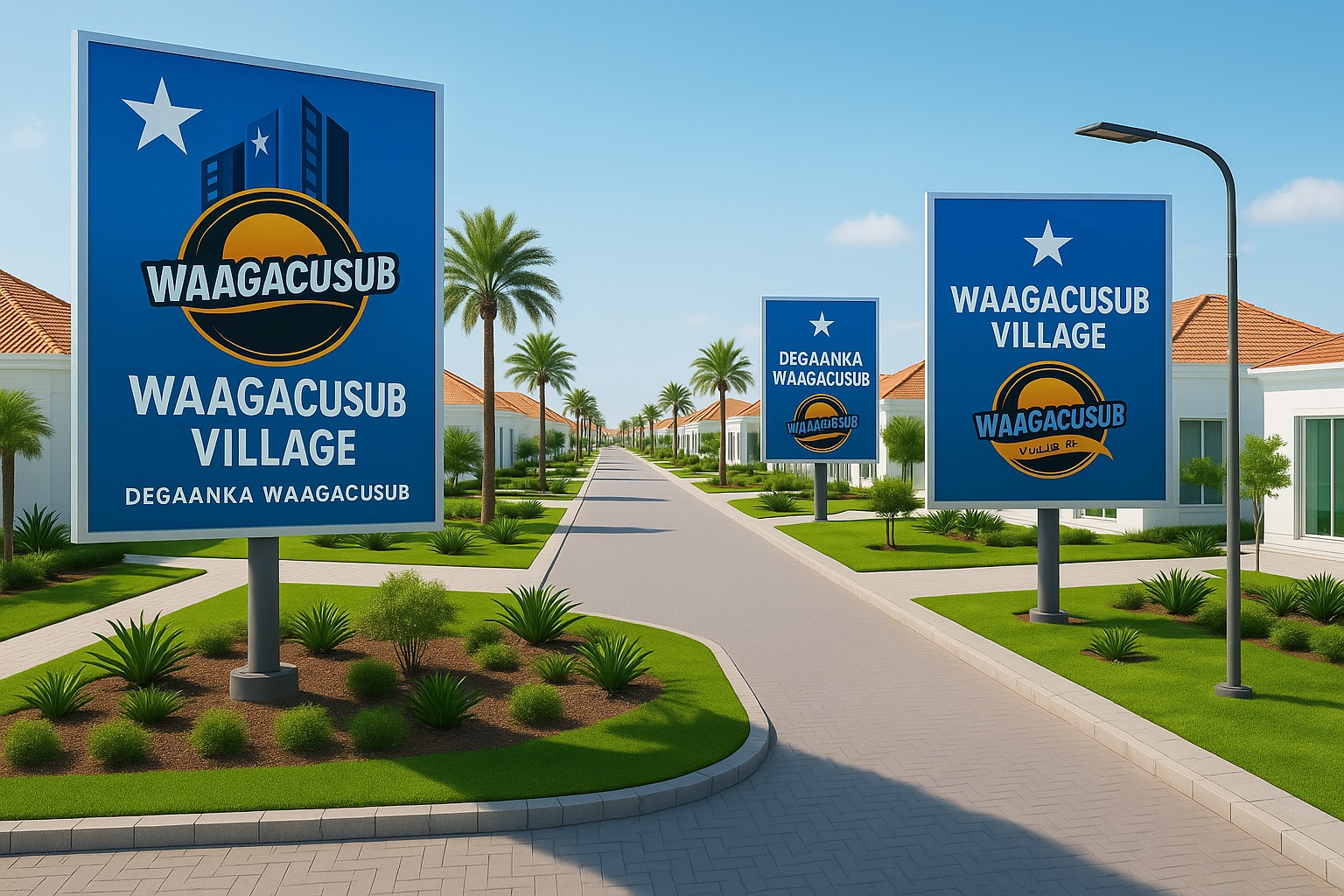

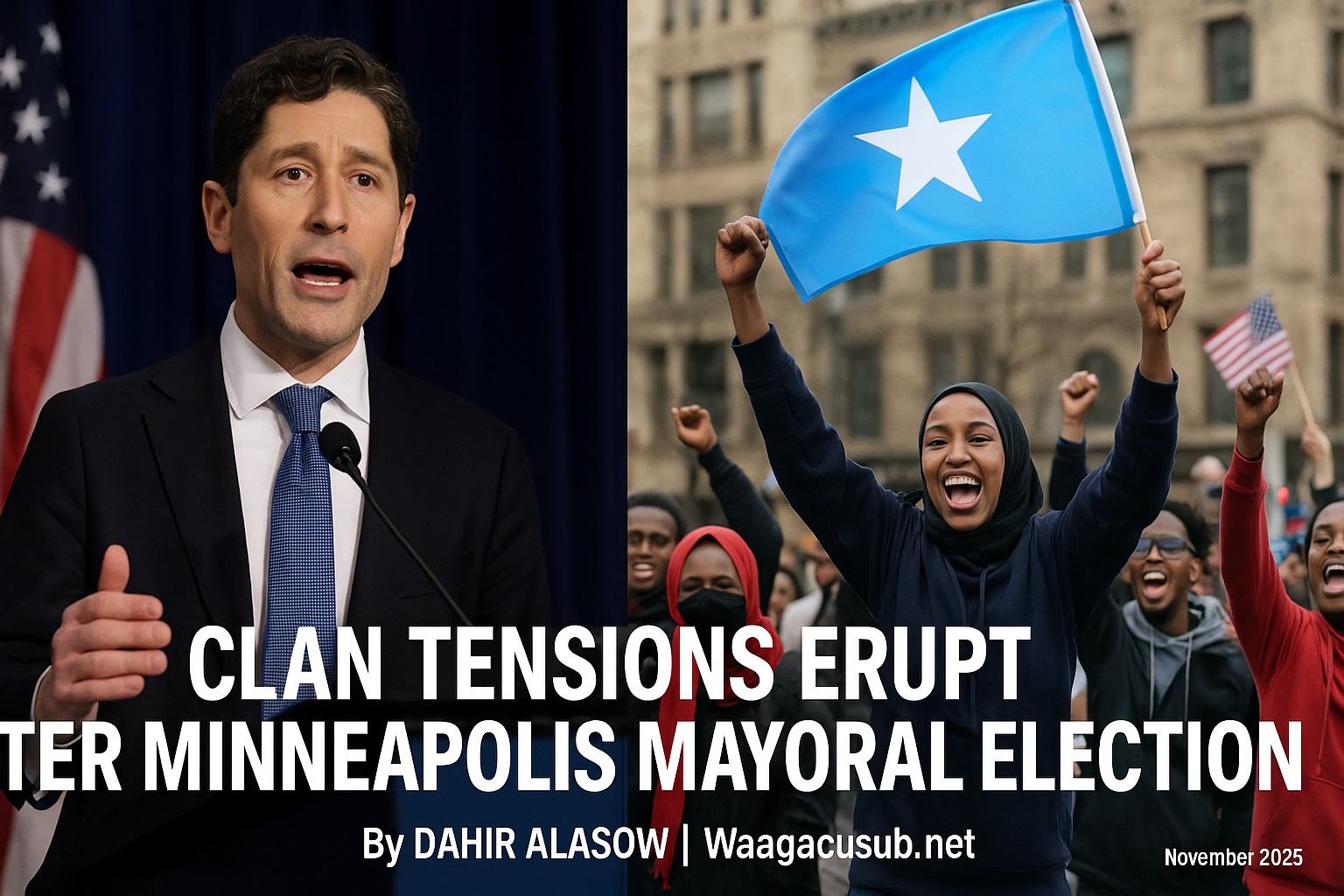


World Bank Sees Kenya Slowdown on Drought, Lending Freeze
Kenya's economy faces further challenges from a slowdown in the growth of loans to businesses and individual borrowers as banks tighten lending due to risk aversion and a law that enforces a ceiling on borrowing costs. Private-sector credit grow